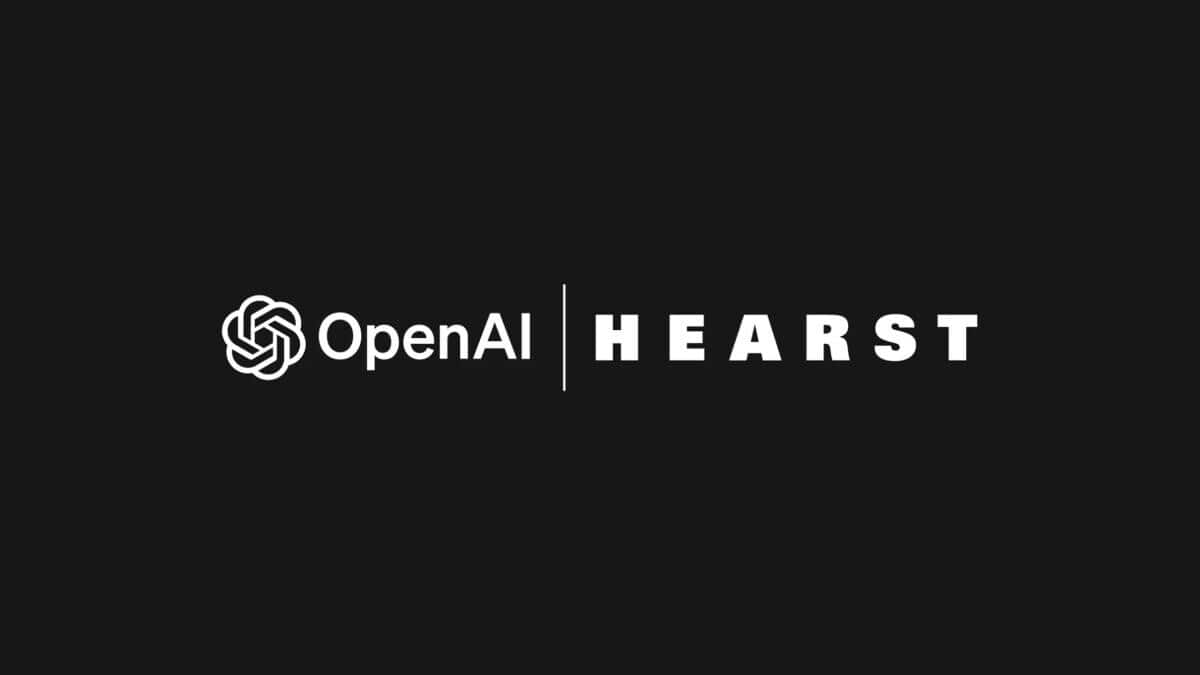
OpenAI inks content licensing deal with Cosmopolitan and Elle publisher
What's the story
OpenAI, the maker of ChatGPT, has signed a content licensing deal with Hearst, one of the top US publishers.
As part of the partnership, content from more than 60 Hearst-owned publications will be integrated into ChatGPT and other OpenAI products.
Some of the notable publications under Hearst's umbrella include Esquire, Cosmopolitan, Elle, and newspapers such as the San Francisco Chronicle.
The financial details of the deal remain undisclosed by both parties.
Integration process
Hearst content in OpenAI products: How will it work?
The integration of Hearst's content into OpenAI's products will be seamless.
Whenever a user interacts with ChatGPT, the software will offer citations and direct links to the original Hearst content.
This way, users can trace back information to its source, keeping the integrity of the original material intact while enriching their experience with AI technology.
Common goal
Hearst and OpenAI's shared vision for AI journalism
Jeff Johnson, President of Hearst's Newspapers unit, highlighted the need for professional journalism in AI products as generative AI continues to evolve.
He said, "This agreement allows the trustworthy and curated content created by Hearst Newspapers's award-winning journalists to be part of OpenAI's products like ChatGPT — creating more timely and relevant results."
The partnership fits their shared vision for the future of AI in journalism.
Expansion phase
OpenAI's growth and previous partnerships
The Hearst partnership announcement comes just days after OpenAI's record-breaking $6.6 billion venture capital funding round.
Earlier this year, OpenAI had also signed licensing agreements with The Financial Times, The New Yorker, Wired, and Conde Nast, owner of Vogue.
These partnerships show that OpenAI is in a major expansion phase as it continues to integrate professional journalism into its AI products.
Legal hurdles
OpenAI faces legal challenges amid expansion
Despite its growth and new partnerships, OpenAI has also been hit with legal challenges from some publishers.
In late 2023, The New York Times sued the company, followed by a lawsuit from Alden Capital Group, owner of publications like The Chicago Tribune and New York Daily News.
These legal hurdles suggest not all publishers are keen to collaborate with the AI giant as it expands its reach in the world of journalism.